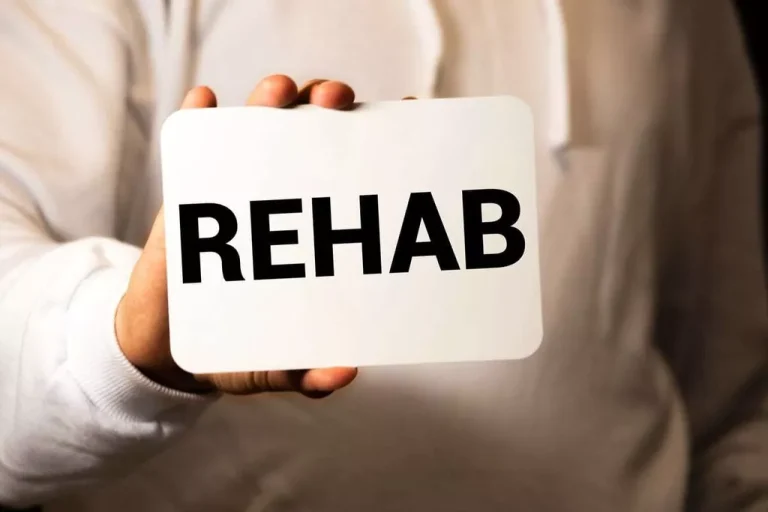
It may be purely coincidence that my cutting back coincided with a gastrointestinal recovery. We can’t know why halting cannabis use helped my friend, or why she gets sick when she tries to resume. All we know is there’s a possibility of connection, and that successfully bridging such a connection holds important implications for those who use cannabis every day. Appetite is typically unaffected during this phase, but researchers note that consumers tend to administer more cannabis as a nausea remedy. Some case studies have indicated that benzodiazepines like lorazepam and alprazolam may alleviate symptoms. Other studies show haloperidol and ondansetron may relieve some of the symptoms.
Can CBD cause CHS?
However, questions remain about the dosage of cannabis, individual and genetic susceptibility, abstinence period and the inclusion of abdominal pain as a criterion. The clinical effects of volume depletion dominate complications related to CHS. Reports of severe volume depletion resulting in acute kidney injury and severe electrolyte disturbances with rhabdomyolysis have been reported in the literature 49. Severe and persistent vomiting can also lead to Mallory-Weiss tear 47. Cannabinoid Hyperemesis Syndrome (CHS) is https://ecosoberhouse.com/ a medical condition believed to be connected to heavy, chronic cannabis use.
Symptoms and Causes
In this article, we describe CHS and discuss the causes, symptoms, diagnosis, and treatment of the condition. Also, it’s possible there are more cases than have been reported, since not everyone with the illness will seek medical help or tell their doctor they use cannabis, the Cleveland Clinic notes. They may also prescribe antipsychotic medications such as haloperidol (Haldol) or olanzapine (Zyprexa) to help you calm down as you switch to the recovery phase. The only way to end CHS symptoms is to completely stop using all marijuana products. After you quit, you may still have symptoms and side effects for a few days to a few weeks.
How states have reshaped marijuana laws and what’s next
- Indeed, Habboushe et al.64 acknowledge the limitations of their estimation and conclude that CHS is much more prevalent than is recognized in society.
- Every once in a while she wishes she could indulge in a joint, but she knows there are healthier diversions.
- Doctors have also noticed that people in the hyperemesis stage take frequent showers and baths, which seem to relieve nausea.
- Activation of these receptors by the shower-induced warmth could trigger neural responses that modulate pain perception and sensory input, potentially influencing the transmission of signals related to nausea and vomiting pathways in the brain.
- However, support is lacking for this hypothesis in the empirical literature.191,192 Contaminants can be detected on cannabis plant samples32,193 and in smoke.194 The bioavailability of contaminants in smoked cannabis is still unknown192 and a significant amount of smoke is often lost in side stream.
As CHS is a newly described condition, many doctors may find it challenging to diagnose and treat. Researchers have tried to explain what causes CHS, but further study is necessary. Cannabis can be addictive, and people who stop using it can experience symptoms cannabinoid hyperemesis syndrome not unlike opioid or alcohol withdrawal, said Dr. Deepak Cyril D’Souza, director of the Yale Center for the Science of Cannabis and Cannabinoids. Other theories behind rising cases include the widespread legalization and cultural acceptance of cannabis, as well as the higher tetrahydrocannabinol (THC) content in modern marijuana, experts told the NewsHour. When Dr. Deepa Camenga began her career about 20 years ago, she rarely if ever saw pediatric patients with CHS, she said.

CHS Symptoms

Patients must be informed that habitual cannabis use can result in cannabinoid accumulation in adipose tissue, leading to prolonged or recurrent symptoms that may take weeks to completely resolve. Preventing a recurrence necessitates complete abstinence to facilitate recovery. As the utilization of cannabis transcends traditional boundaries, encompassing medical treatments, recreational indulgence, and wellness pursuits, the profound impact of THC and cannabinoids on gastrointestinal physiology is coming to light. The only treatments available to people with CHS are those that restore hydration and help control nausea and vomiting. In two case reports, doctors used lorazepam (Ativan) to manage CHS-related nausea and vomiting.
